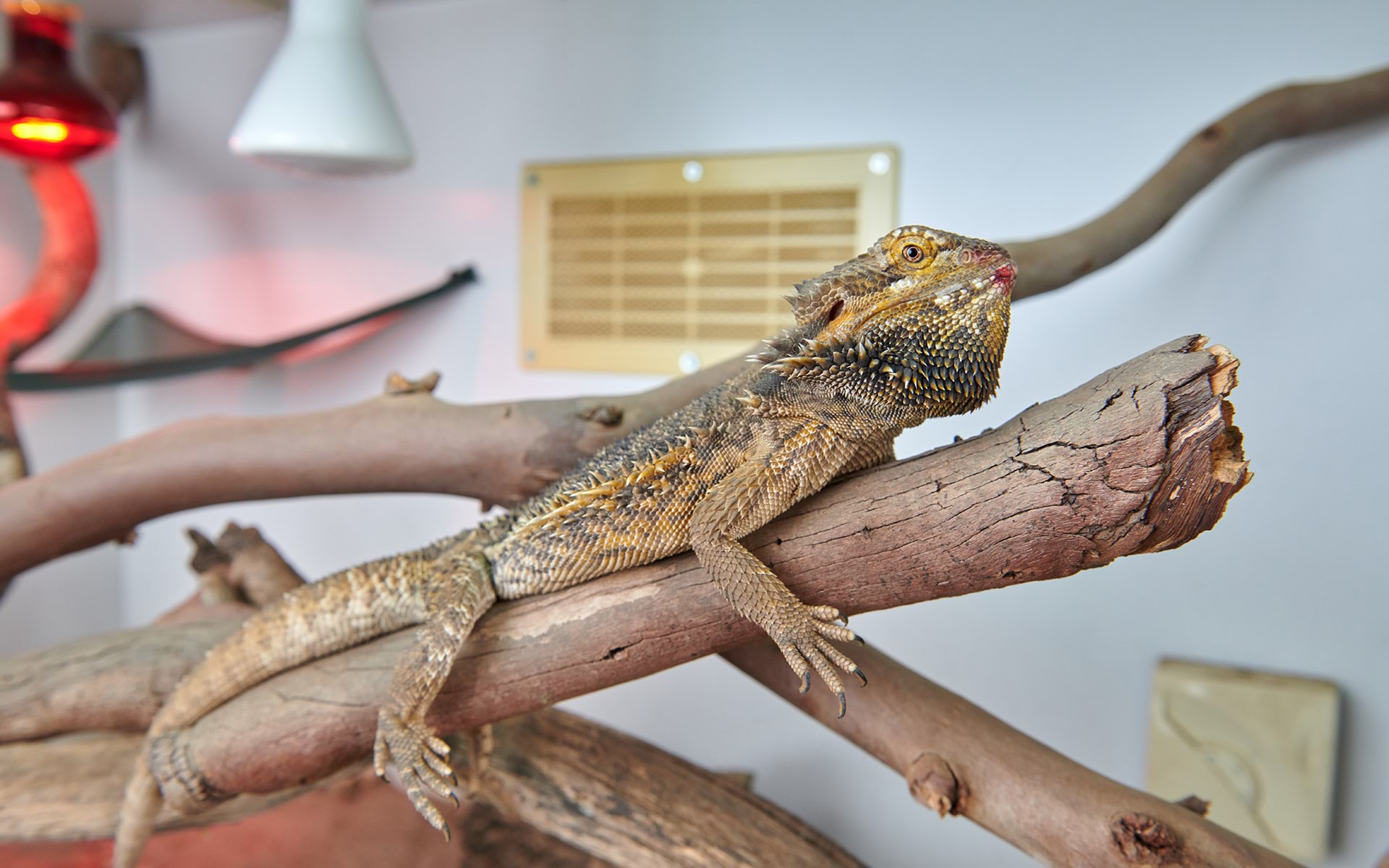All wildlife in Victoria is legally protected. Conservation Regulator administers licences, permits and authorisations under the Wildlife Act to engage in specific activities relating to wildlife.
A key goal of Protecting Victoria’s Environment – Biodiversity 2037 is for Victorians to value nature. This aligns with the purpose of wildlife demonstrator licences, which is to promote an understanding of the ecology and conservation of wildlife.
As passionate advocates for biodiversity, ecology and conservation, wildlife demonstrators have an important role in connecting Victorians with nature.
All wildlife in Victoria is legally protected. The Conservation Regulator administers licences, permits and authorisations under the Wildlife Act, which allows the holder of a certain licence type to engage in specific activities relating to wildlife that are illegal for non-licence holders. Information about the different types of wildlife licences, and how to apply, can be found on our website.
Wildlife demonstrator licences are created under the Wildlife Act 1975 (Wildlife Act) and defined under the Wildlife Regulations 2024. A wildlife demonstrator licence allows the holder to:
- Keep and temporarily display certain species of wildlife at any location within Victoria. This must be for the purpose of promoting an understanding of ecology and the conservation of wildlife.
- Provide wildlife for use in commercial films.
By conducting engaging and impactful demonstrations, wildlife demonstrators help foster a deeper appreciation of the natural environment in the community and inspire positive action towards its conservation.
Visit Protecting Victoria's Environment – Biodiversity 2037(opens in a new window)
What a wildlife demonstrator licence allows you to do
A wildlife demonstrator can possess and keep certain species of wildlife at a specified premises. This wildlife is then able to be taken from that premises for displays and demonstrations within Victoria.
Specifically, a wildlife demonstrator can:
- Possess and keep any wildlife taxa listed in Schedules 2, 3 or 4 of the Wildlife Regulations 2024, at the premises specified in the licence.
- Possess and keep wildlife taxa not listed in Schedules 2, 3 or 4 if they are listed in the licence, at the premises specified in the licence, with prior written approval from the Conservation Regulator.
- Breed, buy, and dispose of this wildlife to other people with an appropriate wildlife licence.
- Take wildlife from the premises specified in the licence for travelling or temporary displays or demonstrations. This must be for the purpose of promoting an understanding of ecology and the conservation of wildlife.
- Allow photography of wildlife to be displayed.
Please note that the Conservation Regulator may apply additional conditions to your licence that restrict the above entitlements, in accordance with section 22(3)(b) of the Wildlife Act.
What you cannot do under a wildlife demonstrator licence
A wildlife demonstrator cannot:
- Display wildlife for any purpose other than promoting an understanding of the ecology and conservation of wildlife
- Provide wildlife for use in commercial film without prior written approval from the Conservation Regulator
- Take wildlife from the premises specified in the licence for any reason other than:
- Taking it to a registered vet for treatment
- Conducting a demonstration for the purpose of promoting an understanding of the ecology and conservation of wildlife
- Use in commercial film with prior written approval
- To trade wildlife with another licence holder at the specified premises of either of the licence holders entering into the transaction
- Undertake activities that would pose a risk to the health and safety of the community or the wildlife you are demonstrating
- Keep wildlife taken from the wild, which is illegal. If you find injured or orphaned wildlife, please contact an authorised wildlife rehabilitator. If you are not sure who is authorised in your area, visit Help for Injured Wildlife or phone DEECA.
Updated
